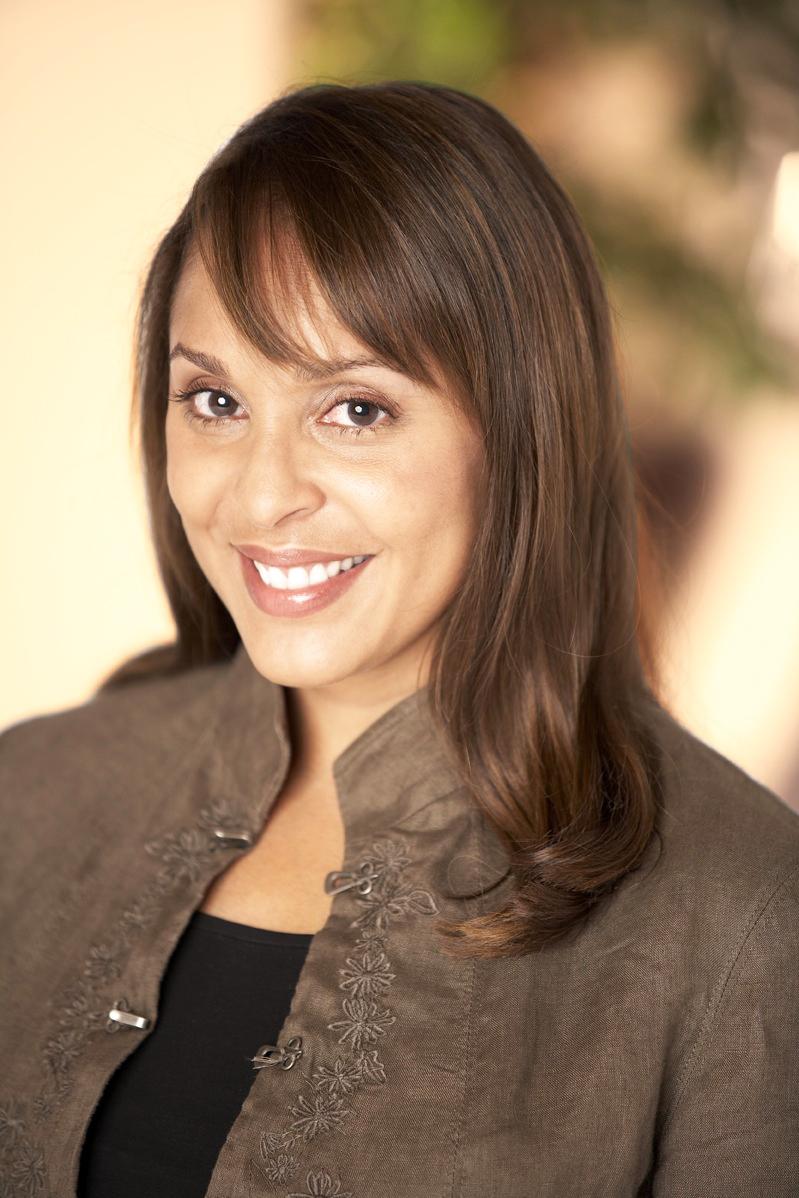From William Faulkner and Eudora Welty to Tennessee Williams and Barry Hannah, Mississippi’s literary heritage is a wellspring that continuously flows.
One of the latest women of letters in the state’s long line of award-winning writers makes a stop at Mississippi State University Tuesday. Natasha Trethewey, U.S. Poet Laureate, speaks in the Colvard Student Union Ballroom at 5:30 p.m. Tickets for the talk are free but must be retrieved at the Center for Student Activities, Union Suite 314.
Shirley Hanshaw, associate professor of English, said Trethewey could have been chosen to speak on MSU’s campus for a multitude of reasons. Trethewey is not only U.S. Poet Laureate but has won the Pulitzer Prize for Poetry, a Guggenheim Foundation Fellowship and was named Mississippi’s first African-American Poet Laureate.
Trethewey’s carefully crafted poems explore the South and racial perceptions that haunt Mississippi and even Trethewey’s own life. As a child who grew up in the South with bi-racial heritage, Trethewey’s understanding and questioning of racial categorization intertwines with her personal history and family as well as the history of Mississippi. Her 2006 collection, “Native Guard,” details the native guard regiment of African-American slaves stationed off the Mississippi coast on Ship Island and focuses on this intersection of history and race.
Hanshaw said “Native Guard” comes as an unearthing and a record of history not often selectively forgotten.
“Her book ‘Native Guard’ supplies that history about the all Black regiment of ex-slaves during the Civil War that the history books omit,” she said. “Since she is of bi-racial heritage, she said she often felt like ‘an outsider’ when she was growing up.”
Hanshaw said Trethewey’s poetry often reconsiders those forgotten but necessary to American society.
Though Trethewey’s poetry explores topics of immense weight, she crafts these themes with grace and eloquence. Hanshaw said Trethewey’s visit will display the care Trethewey pours into her craft as well as her excitement about her work.
“I think the audience will find the way she interweaves these topics in her poetry to be extraordinarily enjoyable. Also, in a recent interview, Ms. Tretheway described herself as ‘a cheerleader for poetry.’ Consequently, I think the audience will gain a greater appreciation for poetry by hearing her read poems from her own collections,” she said.
Amanda Treptow, assistant director for Student Activities, said Trethewey’s visit is remarkable because it allows students to hear a U.S. Poet Laureate speak but also allows students to speak with Trethewey.
“It is a very rare and special opportunity to not only be in the presence of someone of Ms. Trethewey’s status, but there is also an opportunity to be able to ask her questions during her presentation,” she said.
Ted Atkinson, associate professor of English, is interim co-editor of Mississippi Quarterly, a journal published through MSU and one of the organizations that worked to bring Trethewey to campus.
Atkinson said when Trethewey’s poetry comes up in his classes, students respond positively, and he expects a similar reaction from students at Tuesday’s event.
“When I teach Natasha Trethewey’s poetry, students respond to it with great enthusiasm and interest,” he said. “I’ve had several students — including some not majoring in English — tell me how much they appreciated reading her work. I am confident that students who attend this reading will find that Trethewey’s poetry speaks to them in meaningful ways.”
Atkinson said though Trethewey is a young poet, she has made a name for herself quickly. Her stunning use of her Mississippi heritage as fuel for creative expression, Atkinson said, already places her among Mississippi’s writing pantheon.
“Trethewey’s personal life and literary accomplishments suggest that confronting the troubled history and current conditions of Mississippi remains a source of consternation and creative inspiration for artists, particularly writers,” he said. “Trethewey has taken her place in a line of writers — William Faulkner, Eudora Welty, Richard Wright and Tennessee Williams, among many others — whose experiences in Mississippi helped to generate powerful literary expression.”
Atkinson also said Trethewey’s ties to Mississippi and firsthand experiences of the state’s racial prejudices past and present allow her to write on race as dire, pressing issues and not as theoretical concerns.
“Trethewey’s poetry challenges readers to think about the social construction of race and the color line not as abstractions but as practices that leave deep emotional and psychological impacts and lasting memories,” he said.
Treptow said Trethewey will read from her newest work, “Thrall.” Catherine Pierce, associate professor of English, co-director of MSU’s creative writing program and published poet, will moderate a Q&A session with Trethewey. A book signing will follow the event.
For more information, call 662-325-2930.
















































































